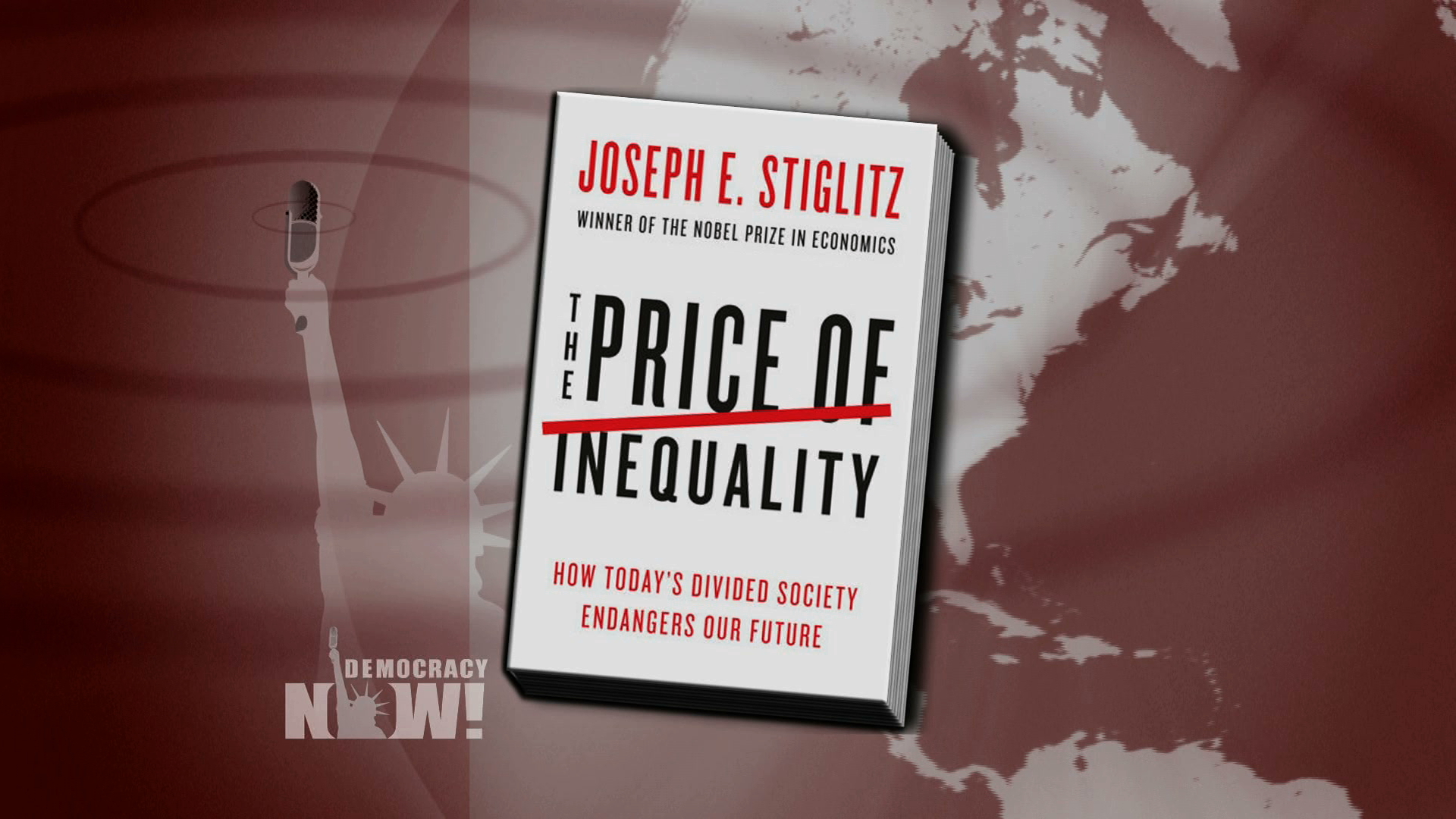Joseph Stiglitz is the proud owner of a Nobel Peace Prize in Economics, which is great, but his work in The Price of Inequality is far from peaceful. The book is a non-stop assault on austerity and the politics of the 1%. Stiglitz uses vast amounts of data, ranging from social experiments to primary economic studies, to explain exactly what is wrong with our economy, the politics surrounding it, and how to fix it. The amount I learned from this book will have me running back to it again and again. Why? Why read this book more than once or reference it on a weekly basis? Because it will help you understand who is to blame for the mess we find ourselves in, and no one is safe.
Stiglitz rips up NeoLiberals like Clinton, Libertarians, Democrats, Republicans, Progressives. This is because Stiglitz has no time for partisan name calling, he has an economy to save. His agenda is simple: point out that wealth inequality and poverty are gaining momentum and harming a vast majority of the American People. Check. Point out that this massive amount of inequality and poverty is deliberately caused by the wealthy, as it is in their best interest. Check. Demonstrate that both government action and inaction are just as much to blame for this inequality and poverty as the wealthy are. Check. Dispel any myth that the impoverished and less fortunate are a necessity in America. Check. Outline a series of comprehensive political moves that would balance the budget, lessen the amount of poverty and inequality, and protect the US consumer/economy. Check. If these issues interest you, regardless of political affiliation, you should read this book. Even if these issues don't interest you, you should own this book. That way, when you're sitting around and wondering why your four year degree was so expensive, you can look up that education funding was cut - raising the cost of tuition - and then that same money was given to students in the form of loans so that the schools could still get paid, but banks can make money off people going to college! Boom! Now you know.
Not impressed yet? In the age of the internet where people explore and express their feelings about economic policy via memes it is frustrating that there isn't a lot of substance behind them. This is what I love about Stiglitz. He has a level of ferocity that makes his work exciting and dynamic, his lack of political affiliation helps him stick to principles, and he explains the motivations behind major political policy that things like a meme or a fancy youtube video cannot. So if you're left leaning, you're not just making the empty claim that the minimum wage should be raised, but instead you're explaining to a crowd of adoring fans that the reason it hasn't been raised is because it cuts into profits in a way that can't be avoided...unlike taxes. Or maybe you're right leaning, but instead of complaining that our jobs went over seas or into Mexico, you're tucking your kids in at night with a bedtime story all about how free trade agreements allow doing business in deregulated markets incredibly cheap and now kids just like them are being worked literally to death because we don't have protective tariffs that deter businesses from going elsewhere for cheap labor.
Stiglitz turns policies of any party inside out so you can see the lobby at work, what government action or inaction lined whose pockets. He analyzes how our billionaires and millionaires are plaguing the entire planet, with a process called rent seeking. It is where a few vastly rich people own everything, every single thing, and allow you to use it for a price. Monopolistic cable and utility companies, dominating telecommunication companies, bullying corporate farms, tech giants, Too Big to Fail banks that owns everything you think you own, etc etc...I can almost guarantee you are frustrated by rent seeking in some capacity and if you want to know why, I cannot recommend this book enough.

This comment has been removed by the author.
ReplyDelete